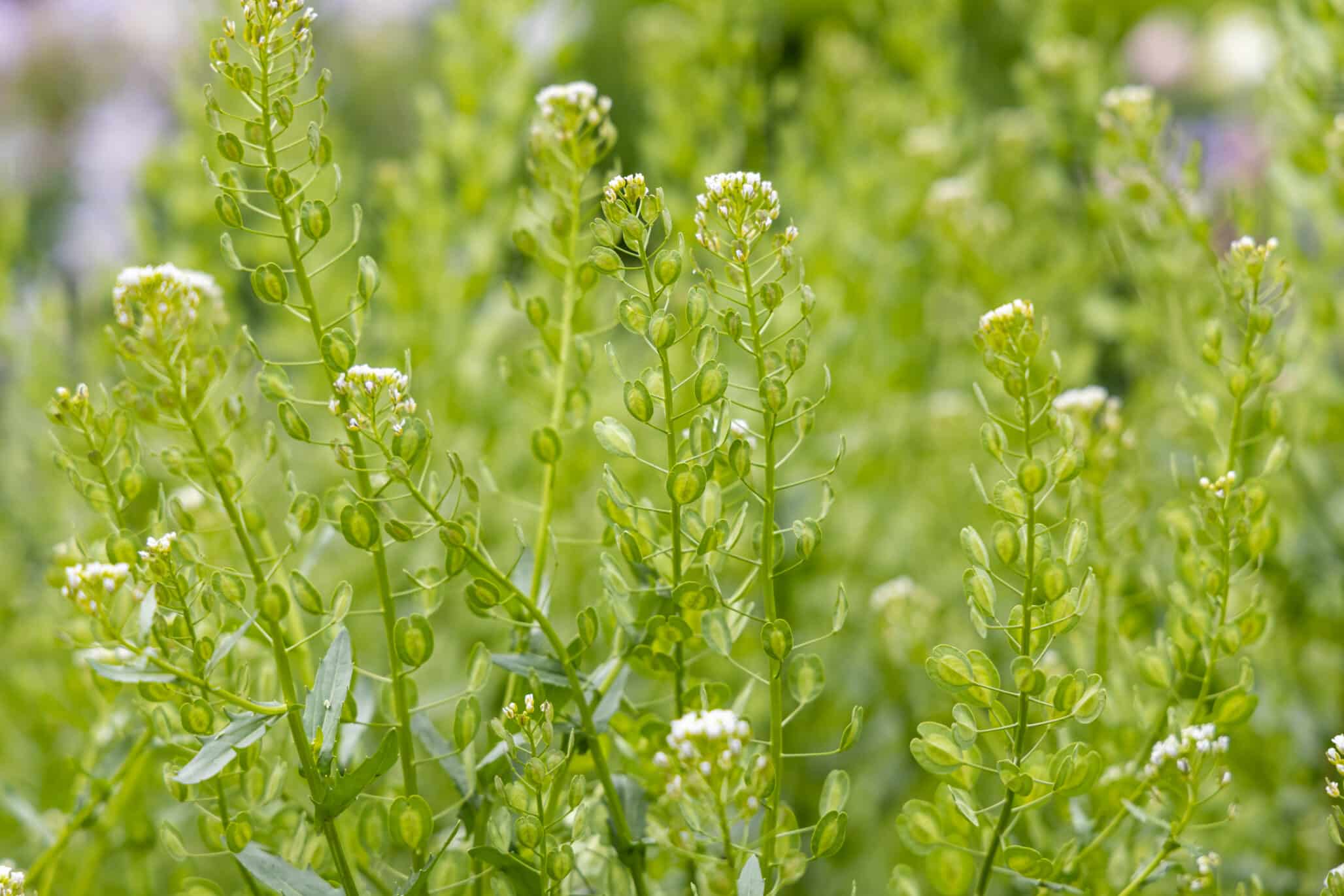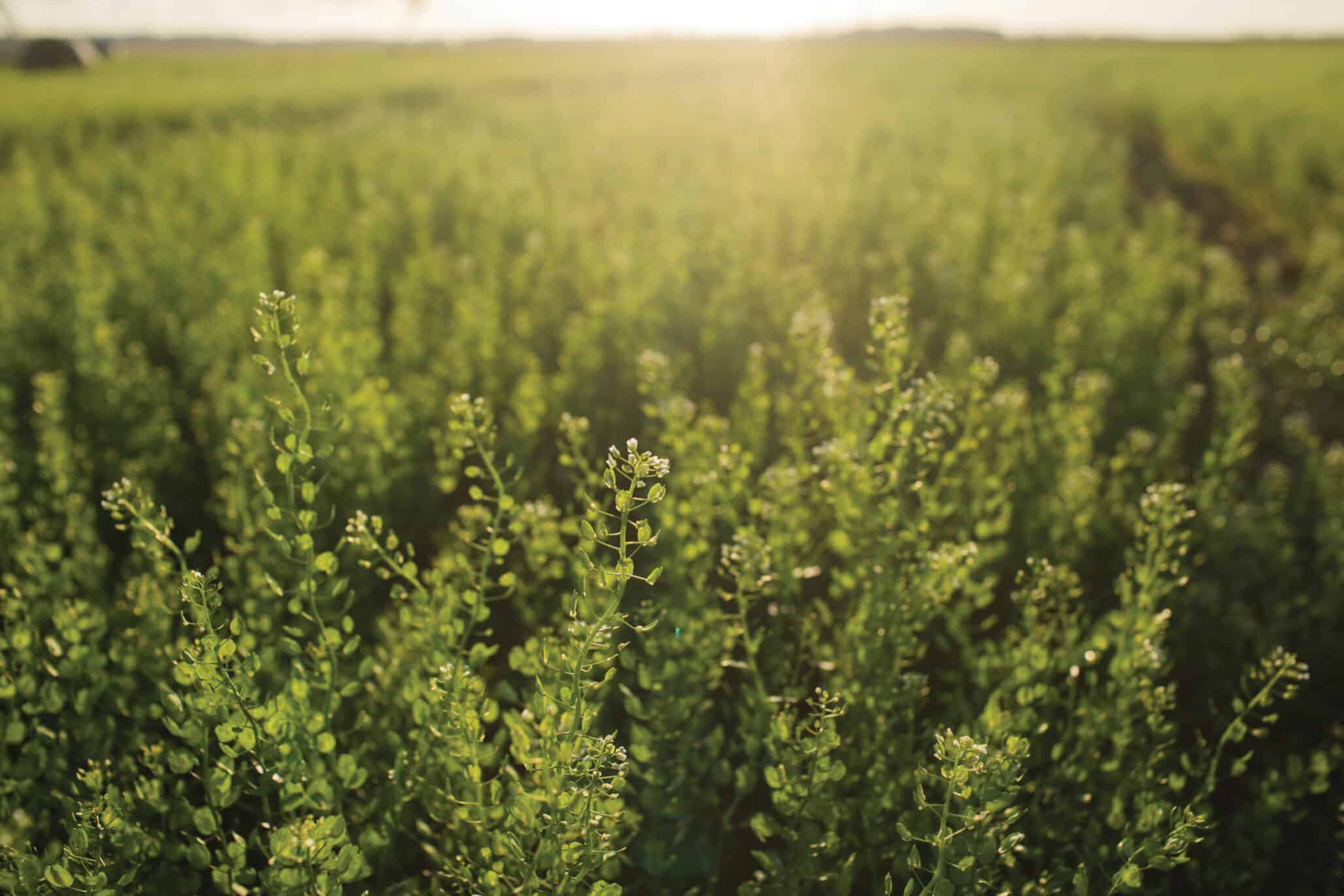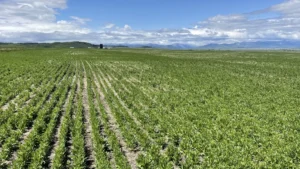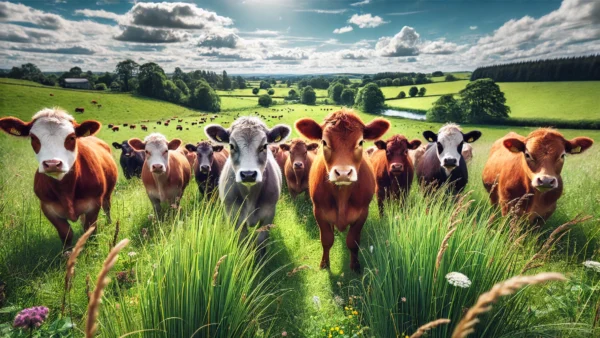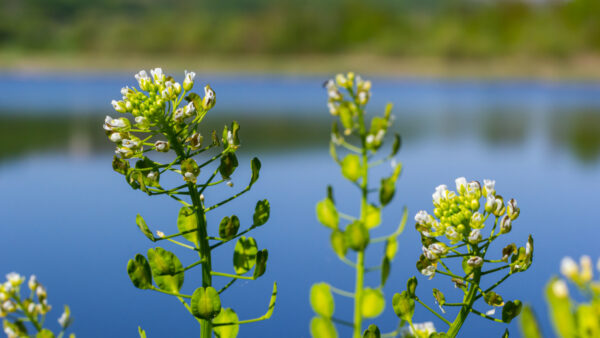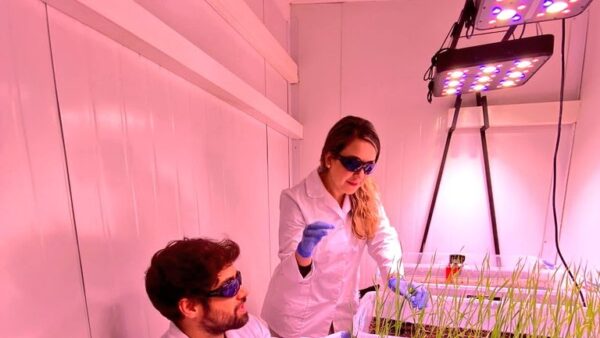Cargill and University of Minnesota partner to develop pennycress and winter camelina solutions and seed varieties for the Upper Midwest.
Cargill and the Forever Green Initiative, a research platform focusing on food, agriculture and natural resources at the University of Minnesota (UM), have joined forces to study winter camelina and domesticated pennycress. This partnership aims to develop superior seed varieties and farming techniques tailored to the Upper Midwest’s unique growing conditions.
Cargill will bring its expertise in trait discovery, high throughput genotyping, genomic selection, trait development and cellular biology to accelerate the UM’s diverse genetic library. The aim of the partnership is to use Cargill’s technologies to expedite the development and commercial release of new and improved camelina and pennycress varieties.
This initiative builds upon a recent $2.5 million philanthropic grant from Cargill to the UM, specifically aimed at accelerating research in crop biology and management.
“This support from Cargill will take our breeding and genomics work to the next level and help us develop even better varieties of camelina and pennycress for farmers in Minnesota and beyond,” Mitch Hunter, associate director of the Forever Green Initiative said, according to a release. “We are incredibly grateful to Cargill for this very generous research partnership.”
Winter camelina and domesticated pennycress, sown in autumn and harvested in spring, serve as intermediate oilseed crops that provide ground cover. They also address critical sustainability challenges in agricultural supply chains, such as water quality, soil health, and ecosystem enhancement. These crops can be integrated into rotations with staples like corn and soy or grown following small grains like wheat.
With their high oil content, winter camelina and pennycress present a growing economic opportunity as cash crops, driven by increasing demand for low-carbon feedstocks. Their seed oils can be refined into drop-in replacements for low-carbon transportation fuels, including sustainable aviation fuel and renewable diesel.
“Innovations in agriculture are critical to help feed and fuel the world sustainably while also addressing climate change,” said Lyle DePauw, crop innovation director for Cargill. “Cargill has a long history of partnering with the University of Minnesota and working alongside farmers to advance new market opportunities. Winter camelina and pennycress have incredible potential to aid in the decarbonization of the global transportation system and support a more sustainable food system.”


